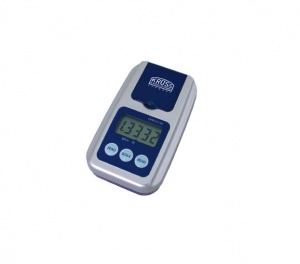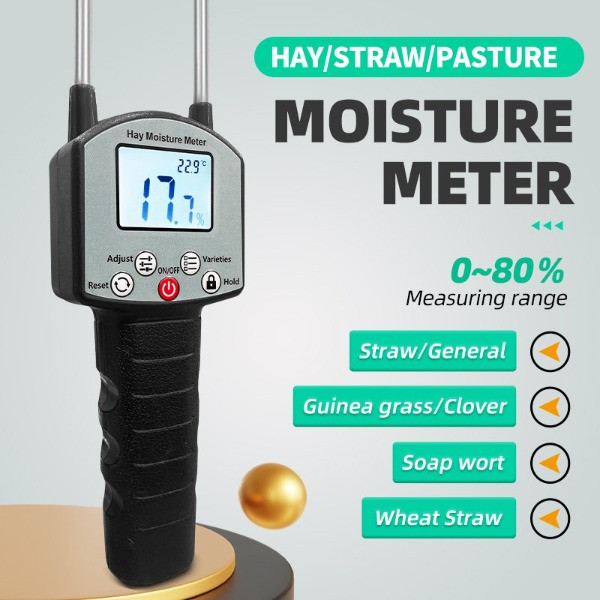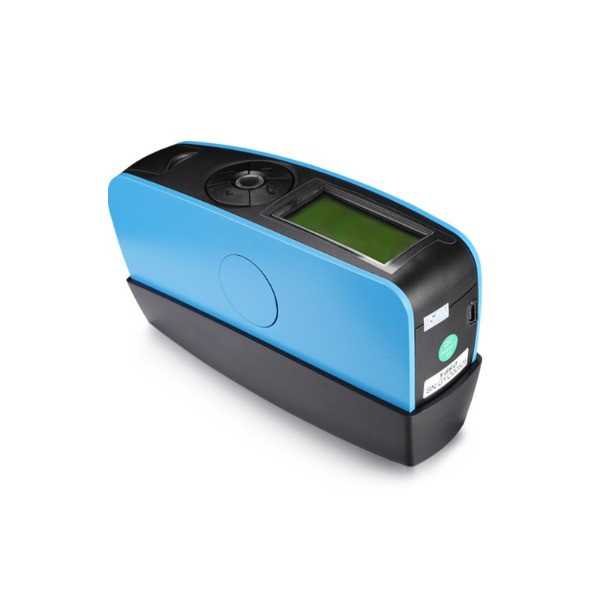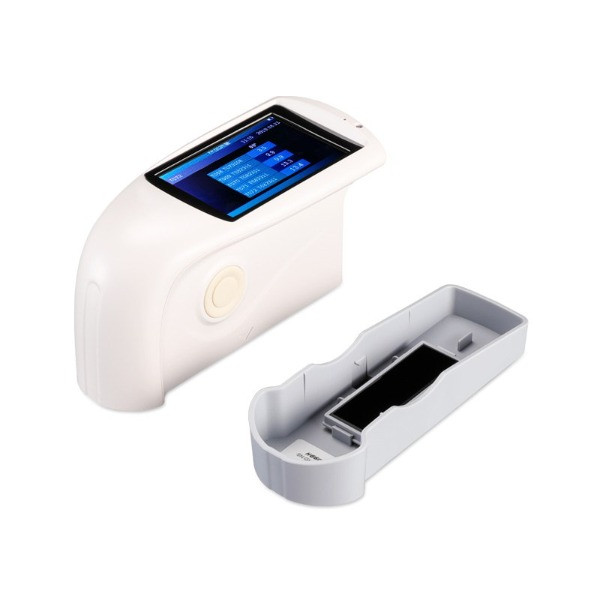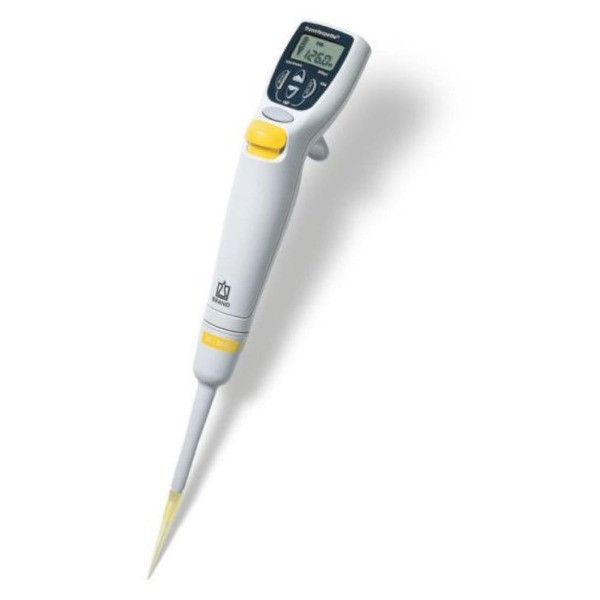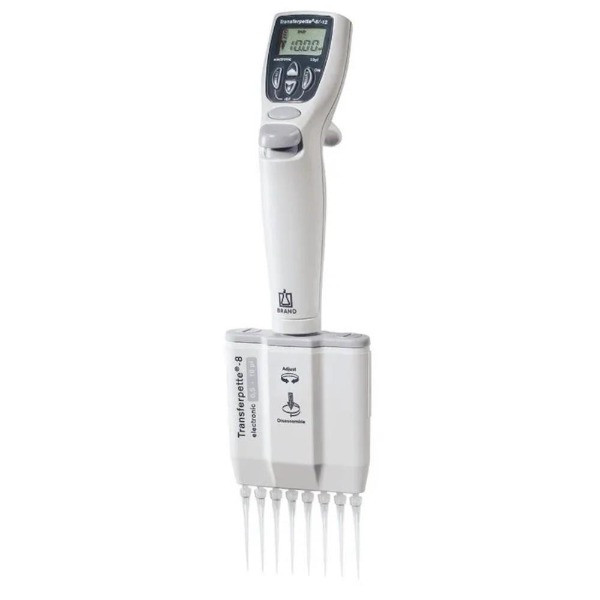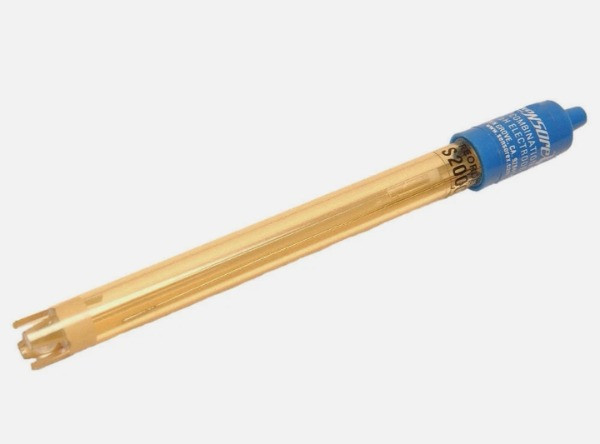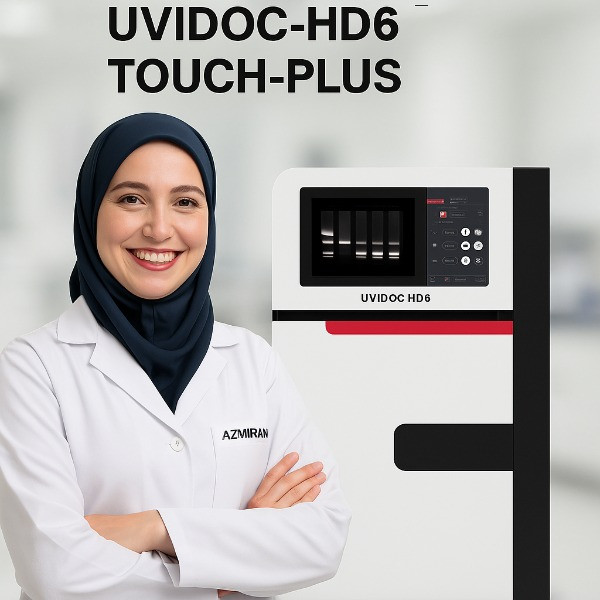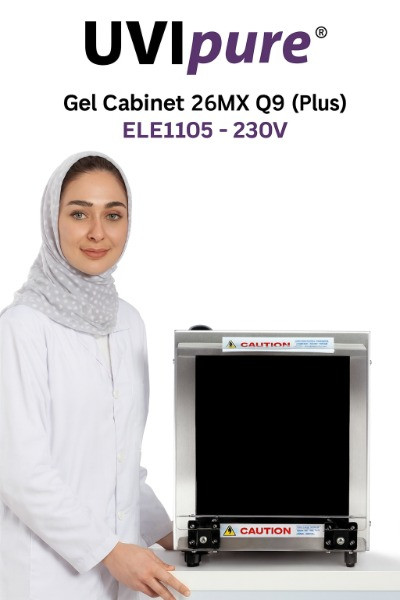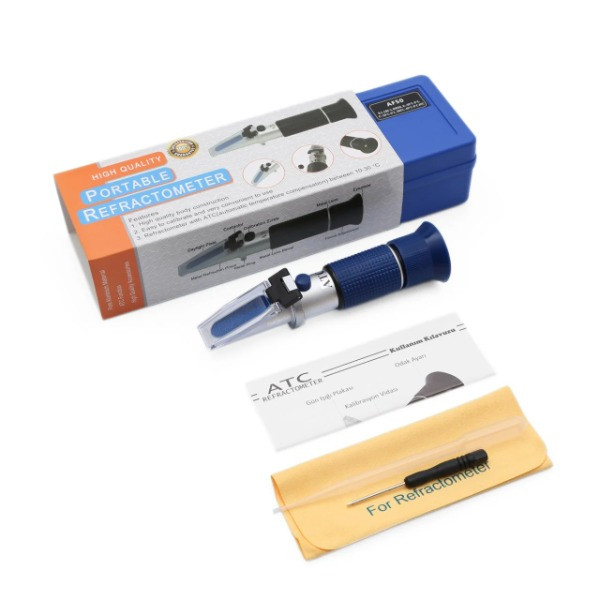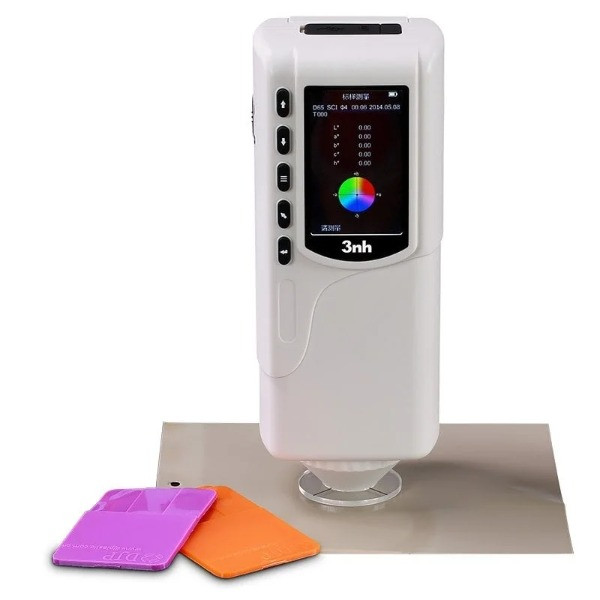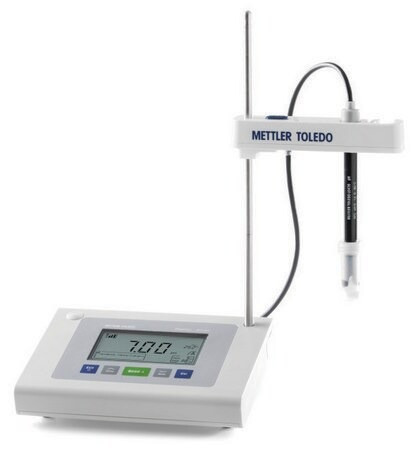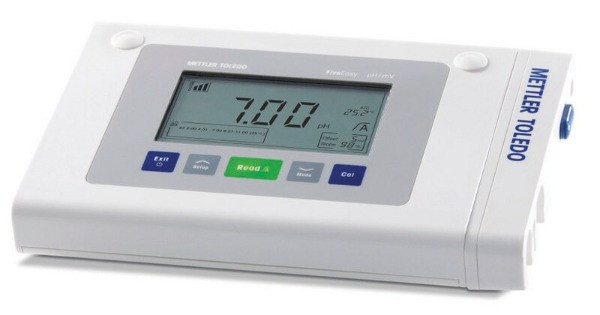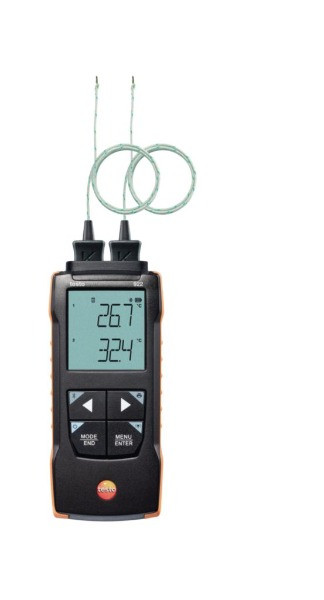Robust, everyday handheld refractometers for the laboratory
Krüss offers three models in its DR series of Digital Handheld Refractometers. The DR301-95 is the largest in this range; it is robust and suitable for everyday usage. Easily connected to a PC, allowing for measurements to be saved and evaluated at a later date, it incorporates the refractive index, sugar and salt scales, with the option to add two other user-defined scales. The DR301-95 offers more flexibility than most handheld devices – it can be easily calibrated, and has an optional temperature compensation feature. Add from the range of accessories the 9V power supply, and it transforms into a small mobile laboratory refractometer.
The smaller DR201-95 is a compact digital handheld refractometer, easy to handle, precise, and fast. Ideal for on-site quality and process control. It has a wide refractive index scale range and a sugar scale. One DR201-95 can often replace several existing instruments. For wine-growing, a special version is available with an Oechsle scale, instead of a sugar scale. Ergonomically designed, the DR201-95 comes complete with a belt pouch.
The DR101-60 is a sturdy, entry level device with an excellent cost/performance ratio, it features the same easy handling and fast measuring results as the two other digital handheld refractometers in this series. It also includes automatic temperature compensation, and is ideal when a wide measurement range is not required.
For prices and availability information on the DR series of Digital Handheld Refractometers for the Laboratory, please contact your nearest Krüss distributor, who will be delighted to help.
![]() For full technical specifications, please download the brochure here.
For full technical specifications, please download the brochure here.
KRÜSS digital handheld refractometers – News and Blog
What are the advantages of digital refractometry?
Digital refractometers offer multiple advantages, being faster, cleaner, and more accurate than traditional manual instruments. The time-consuming sample preparation and clean-up stages of an Abbe refractometer are dispensed with entirely, and the liquid sample is simply placed on the measuring prism and the analysis begun.
The control of temperature is a vital aspect of any refractometry, as the refractive index of a material will vary considerably with temperature. Digital refractometers may be equipped with electronic temperature control through an accurate Peltier heating/cooling element, again eliminating a time consuming operation and increasing the accuracy and reliability of the measurements.
Digital instruments also offer substantially greater accuracy than manual devices, having resolutions to five decimal places, and can be integrated into wider laboratory or process management operations through the digital electronic output they provide.
